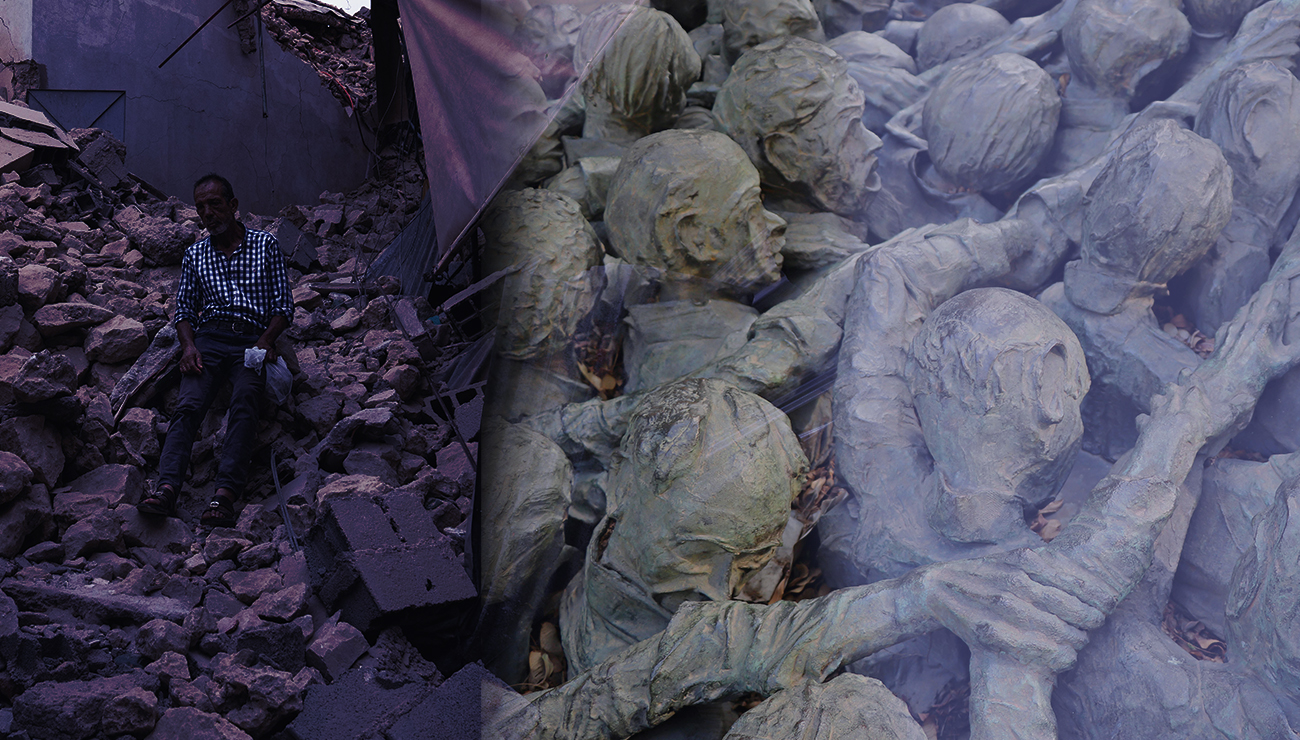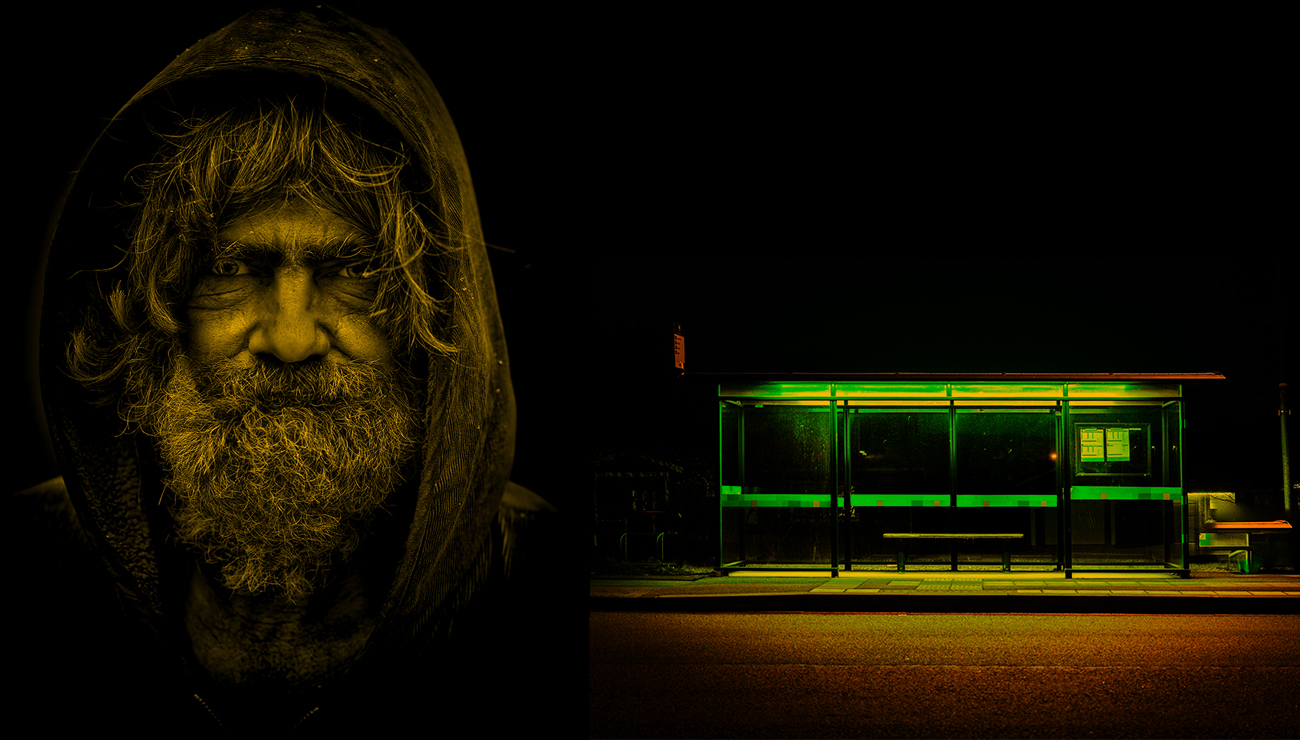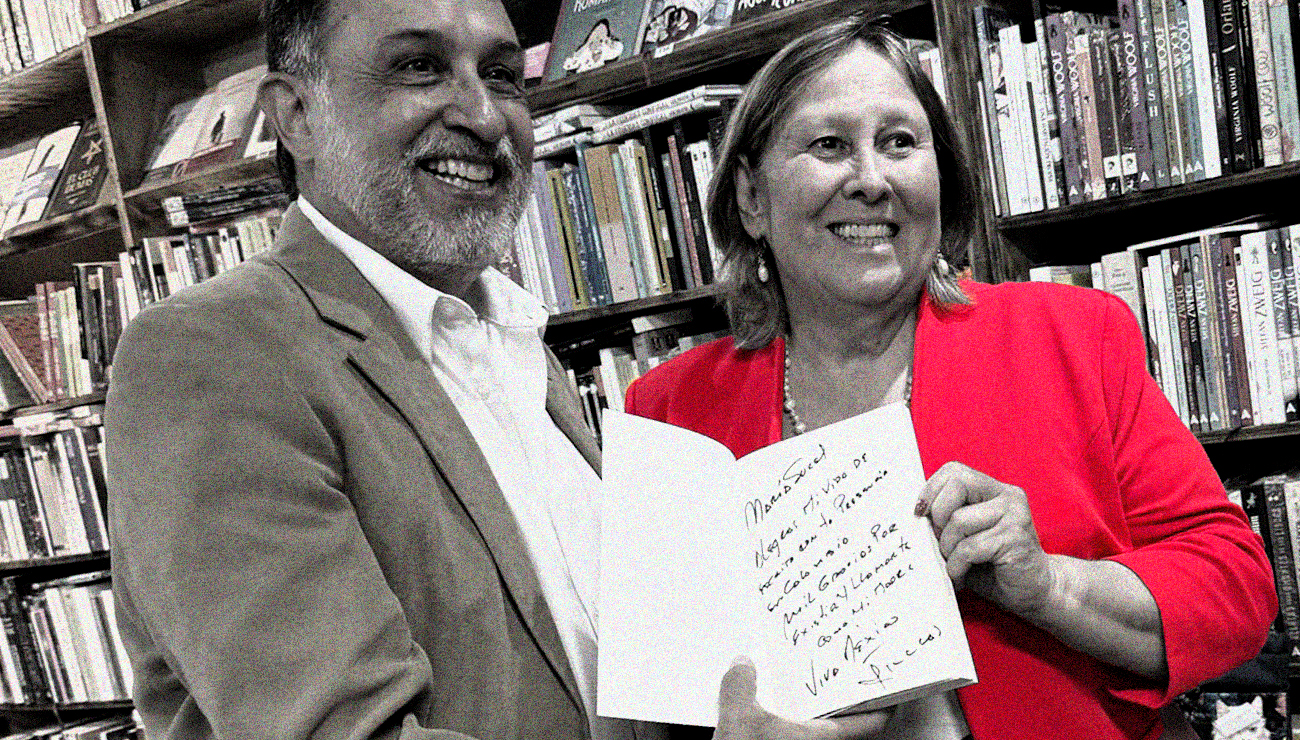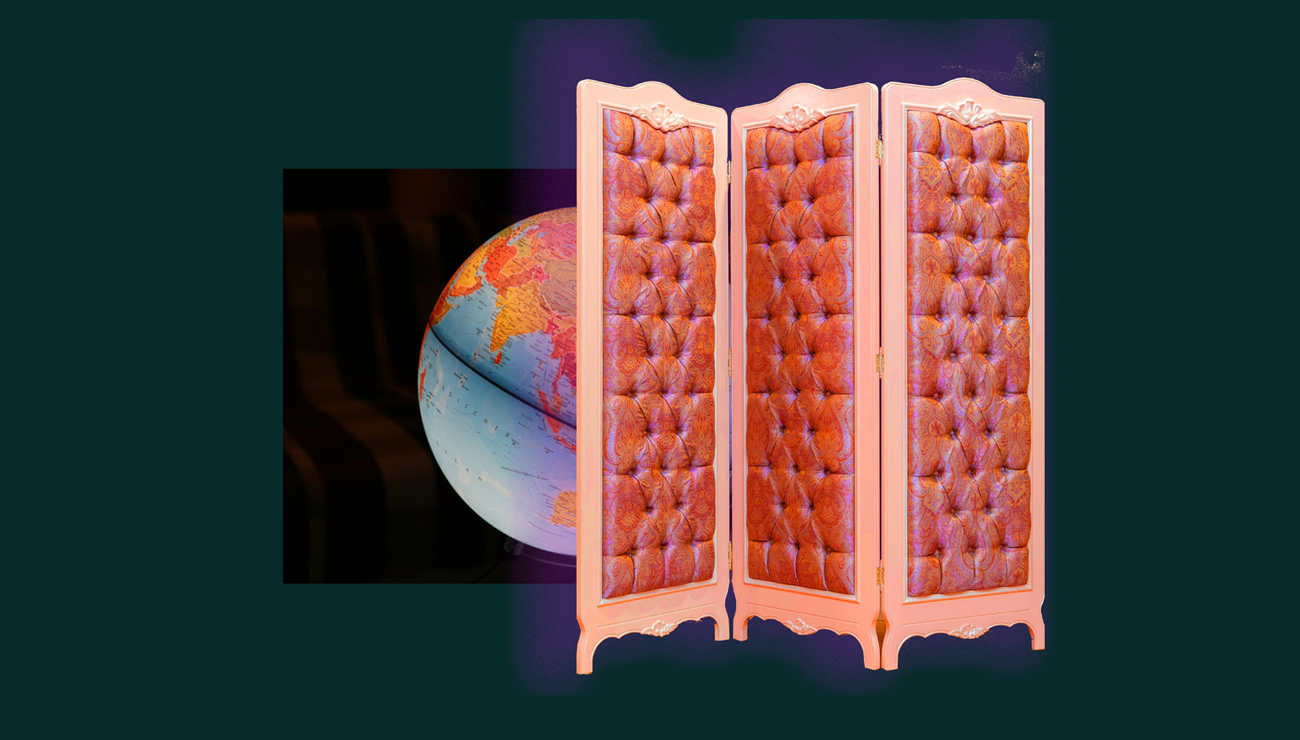
“Can’t you see…?” I shouted at the deaf.
Autor: ©2024 William Castano-Bedoya
THREE-MILE CHRONICLES. Chronicle 2:
According to AE, this phrase is a paradoxical epiphenomenon.
It all started with this phrase I imagined yesterday and, because of its rarity and disruptiveness, I want to analyze it during my walk, put it into context, and at the same time share it with you. Notice how imagination works; yesterday I constructed that phrase, and now, walking my three miles, I’m elaborating on how perplexing that phrase turns out to be. So, I decided to discuss it with my alter ego, yes, with him, whom I’ve grown accustomed to calling AE.
A Planetary Choreography: Each Tragedy Serves as a Screen to Hide Another
William Castaño
William Castaño-Bedoya is an American writer based in Coral Gables, Florida. His literary fiction explores the ethical, psychological, and emotional structures that shape human relationships, focusing on love, vulnerability, and the tensions between power and compassion. His narrative voice is marked by interiority, silence, and moral inquiry, privileging emotional intelligence over spectacle. After a long career in marketing and creative leadership, he turned fully to literature, bringing a strategic understanding of contemporary human experience to his work. He is the author of several novels, including "The Intriguing Stillness of the Tides", "We the Other People", "Ludovico", "Flowers for Maria Sucel", "The Galpon", and "We’ll Meet in Stockholm".



